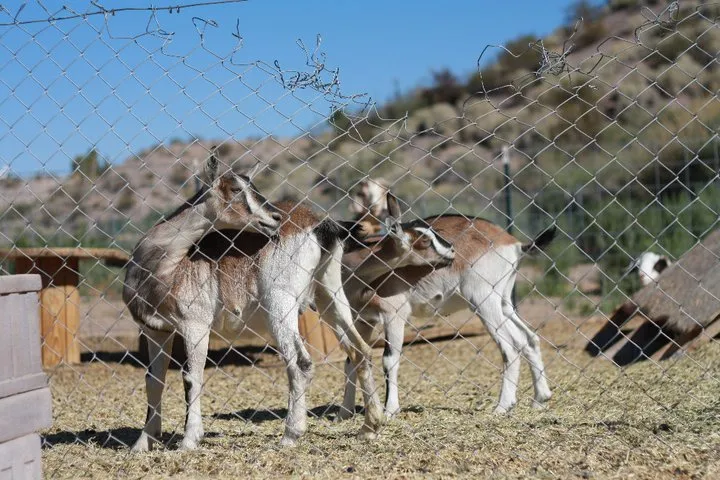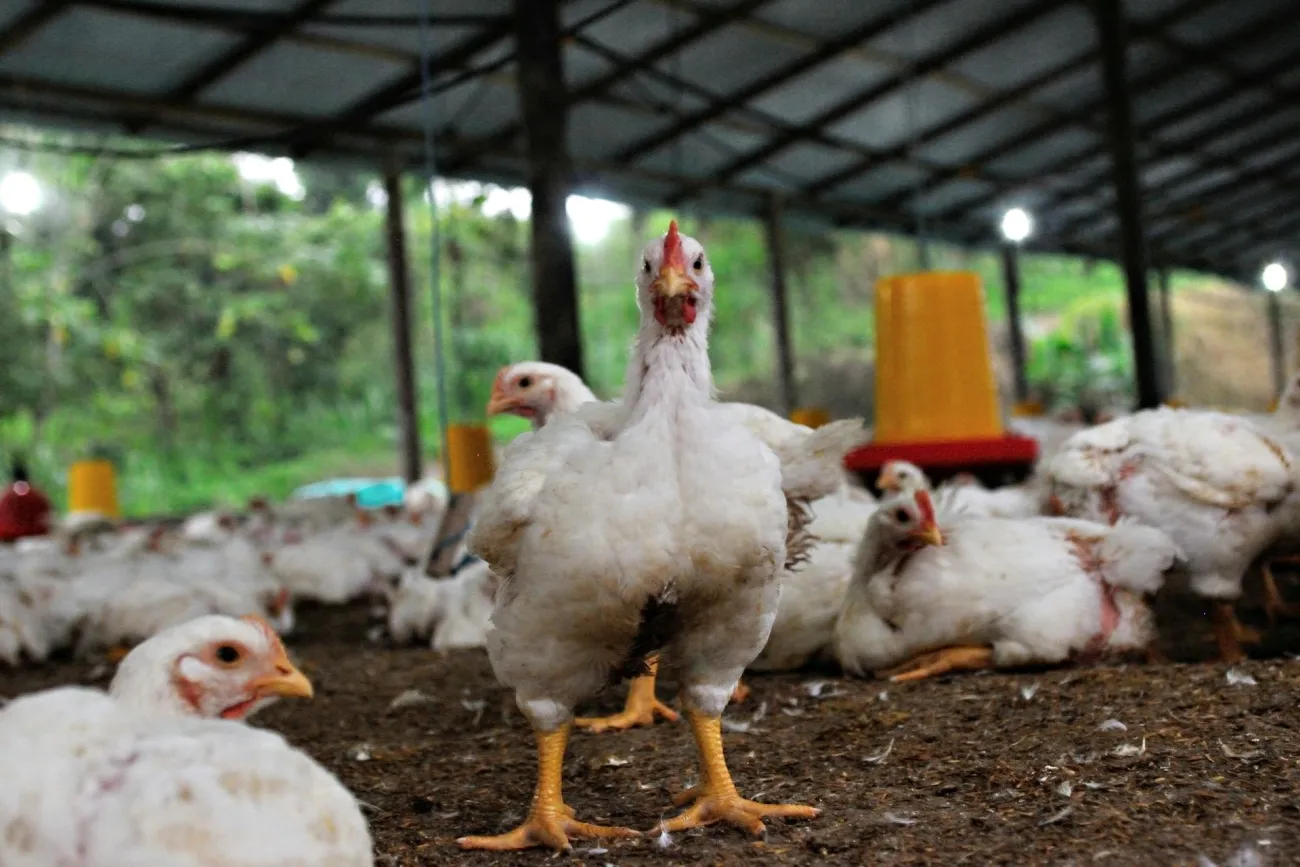In this report, NGO Changing Markets Foundation investigates the scale of corporate capture at COP30 by the meat industry, shines a spotlight on the agricultural methane blind spot and unpacks how key climate policies are being weakened.
Publisher's summary
In this report, Changing Markets Foundation:
- Exposes the scale of corporate capture, bringing together for the first time the coordinated calendar of industry-led events attempting to shape the narrative on agriculture around COP30.
- Shines a spotlight on the agricultural methane blind spot — an omission from Brazil’s NDC that shields the country’s biggest methane polluters from scrutiny.
- Unpacks how key climate policies are being weakened, from enforcement of the Forest Code to an Emissions Trading System that exempts agriculture altogether.
Brazil’s agribusiness sector has long branded itself as championing ‘environmental stewardship’ – narratives often reported uncritically in national media. Multimillion-dollar marketing campaigns portray agribusiness as Brazil’s economic engine, as a global food provider, and as a modern, inclusive sector that is central to national identity.
The reality is a far cry from the rhetoric: the industry is responsible for a range of well-documented crimes – from deforestation to exploitative practices, land grabbing, and pollution – which permeate the supply chains of global meat giants like JBS, Marfrig, and Minerva. The industry is also largely focused on producing export-oriented commodities, while over two-thirds of the food consumed domestically is produced by Brazil’s small farmers, who control just a quarter of the country’s farmland and receive less than a fifth of public credit.
Greenwashing and marketing campaigns are backed up by the powerful ruralist caucus, which controls most of Congress, and enables agribusiness to maintain a privileged position of lenient regulation and enormous tax breaks. The sector’s power was laid bare in the so-called ‘Destruction Bill’ passed in July 2025 – a rollback of environmental protections that, despite several vetoes from President Lula, still gave serious concessions to agribusiness in how it planned to ‘cut red tape’.




Comments (0)